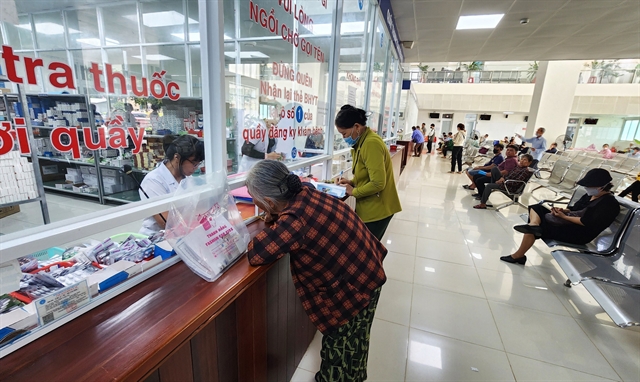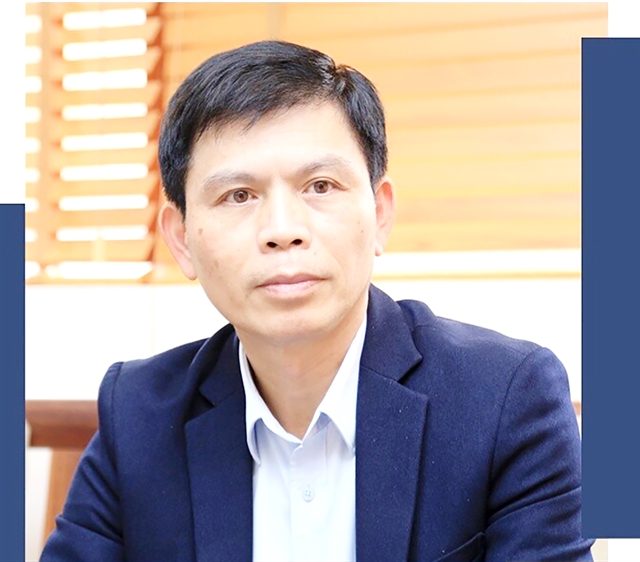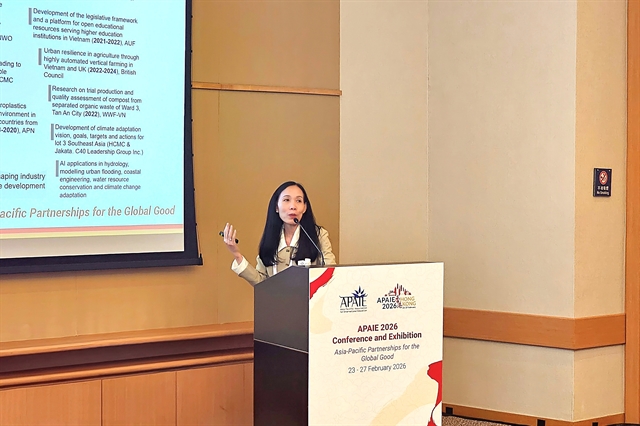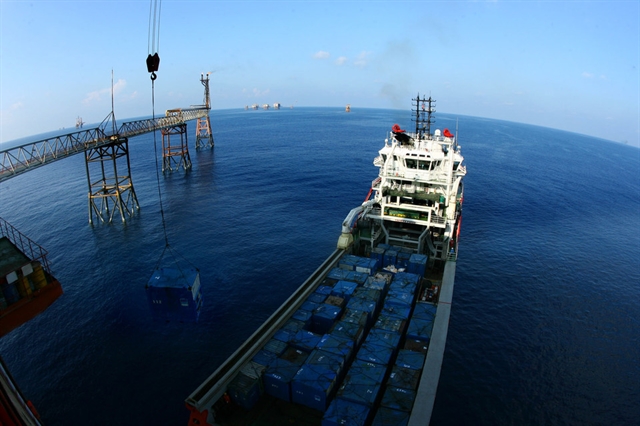 Opinion
Opinion

Deputy Minister of Transport Lê Anh Tuấn told Sài Gòn Giải phóng (Liberated Sài Gòn) about plans to implement projects under national planning for the development of roads, maritime, railway and waterway transport.

|
| Deputy Minister of Transport Lê Anh Tuấn. Photo sggp.org.vn |
Deputy Minister of Transport Lê Anh Tuấn recently answered a series of questions from Sài Gòn Giải phóng (Liberated Sài Gòn) about new plans to implement projects under the national planning for the development of roads, maritime, railway and waterway transport.
Could you briefly talk about some major traffic projects that will be implemented shortly?
The Ministry of Transport has been assigned as an investor in six important national projects. Among them, the most important project is the North-South expressway in the 2021-25 period. The project investment will be submitted to the National Assembly for approval at its meeting in December.
Pre-feasibility study reports of the project on Châu Đốc – Cần Thơ – Sóc Trăng expressway and another project on Ring Road 4 of Hà Nội have been submitted to the Government. The National Assessment Council is examining the reports.
Two other projects, Khánh Hòa – Buôn Ma Thuột highway and HCM City – Long Thành – Dầu Giây expressway expansion, have had pre-feasibility study reports completed. They are expected to be submitted to the Government by the end of 2021.
Regarding the last project, Ring 3 of HCM City, the Government is assigning localities to coordinate with the Ministry of Transport to select agencies to manage it.
In addition, several major transport projects are also being prepared for investment, including Chơn Thành – Đức Hòa expressway, Mỹ An – Cao Lãnh expressway, Đại Ngãi Bridge, Rạch Miễu 2 Bridge, Cao Lãnh – Lộ Tẻ and Lộ Tẻ – Tạch Rỏi highways and other logistics projects in the South.
What difficulties and obstacles does the Ministry of Transport expect when implementing the above projects?
All the mentioned expressway projects are expected to be implemented under the public-private partnership (PPP) model. At this time, it’s very difficult to implement expressway projects under the PPP model due to a lack of investor ability to mobilise capital. Some projects are not attractive to investors, especially ring road projects, which require high land clearance costs.
To solve the difficulties in funding, the Ministry of Transport is coordinating with agencies and localities to propose the Government and the National Assembly conduct a pilot project to separate compensation and settlement, and site clearance costs out of investment projects. Some urgent projects should be funded with the State’s budget instead of developed under PPP.
What specific plans does the ministry have for transport projects in the southeast region and the Mekong Delta – an important economic hub in Việt Nam – when investment in transport infrastructure has been inadequate for a long time?
For the southeast region and the Mekong Delta, in the public investment plan for the 2021-25 period, the Ministry of Transport has developed a plan, focusing on allocating VNĐ102 trillion out of a total of VNĐ304 trillion for key projects in the transportation industry. The region will have an additional 759km of expressway.
The Hậu River channel will be invested in to receive large vessels from the Cần Thơ Port cluster. The channel route to Cái Mép – Thị Vải port will be improved to ensure the reception of vessels with a capacity of up to 200,000 tonnes without reducing load.
Other works include investment in Chợ Gạo Canal to heighten space under bridges on some national inland waterways with large traffic volume, to renovate the inland waterway routes in the southern region to improve the capacity of transporting goods between the Mekong Delta region and the southeast region and Cái Mép – Thị Vải Port; renovating the runways of Côn Đảo Airport and T3 terminal of Tân Sơn Nhất International Airport; and improving a number of railway stations to increase their loading/unloading capacity.
How can the Ministry of Transport ensure the projects will be implemented on schedule and meet quality standards?
With the decentralisation policy, the Ministry of Transport is coordinating with the Ministry of Finance and relevant ministries and agencies to propose the Government ask the National Assembly to amend the State Budget Law so that localities can invest in national transport infrastructure projects in their areas.
Once the law is revised, the Ministry of Transport will still perform its function as a specialised State management agency on investment and construction of transport infrastructure but not project investors anymore.
To ensure the quality and progress of the projects, the Ministry of Transport will carry out inspection and evaluation of construction investment activities, as well as oversee and regularly inspect the project implementation.
I believe that decentralisation and close supervision from authorities will help ensure the new transport projects are implemented on schedule with high quality and investment efficiency, gradually reducing logistics costs, and meeting the expectations of businesses and the people. — VNS




